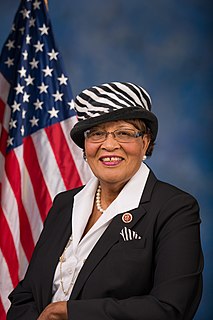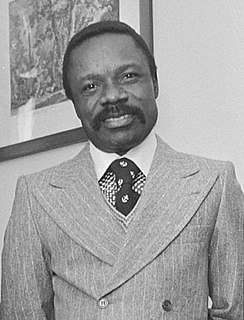A Quote by Tae Yoo
With broadband access, we can revolutionize global access to education, health care, economic empowerment, and the delivery of critical human needs.
Related Quotes
I think basic disease care access and basic access to health care is a human right. If we need a constitutional amendment to put it in the Bill of Rights, then that's what we ought to do. Nobody with a conscience would leave the victim of a shark attack to bleed while we figure out whether or not they could pay for care. That tells us that at some level, health care access is a basic human right. Our system should be aligned so that our policies match our morality. Then within that system where everybody has access, we need to incentivize prevention, both for the patient and the provider.
I travel the world visiting global health programs as an ambassador for the global health organization, PSI, and sometimes the disconnect I see is truly striking: people can get cold Coca Cola, but far too infrequently malaria drugs; most own mobile phones, but don't have equal access to pre-natal care.
Broadband connections allow us to access more robust types of content, services, and applications - video chat versus email, or live streaming versus chat, for example. Yet if we look beyond our own personal use, we can see that broadband Internet access is not merely a convenience: it is a powerful force for social change.


































